- Home
- Types of Addiction
- Smack Addiction Help & Treatment
Smack Addiction Help & Treatment
Smack, also known as heroin, is a seriously strong drug which creates dependency in many users.
In 2020 in England and Wales, “2,263 drug poisoning deaths involved opiates”.
Due to its strength and impact on mind and behaviour, it’s well-reputed as being one of the most challenging substances to quit.
Whether you or a loved one has a heroin addiction- even if they might just use it “casually”- it’s really important to understand the substance you’re putting into your body and what its long-term effects are.
It’s also really beneficial to become aware of what treatment options are out there.
What Is Smack?
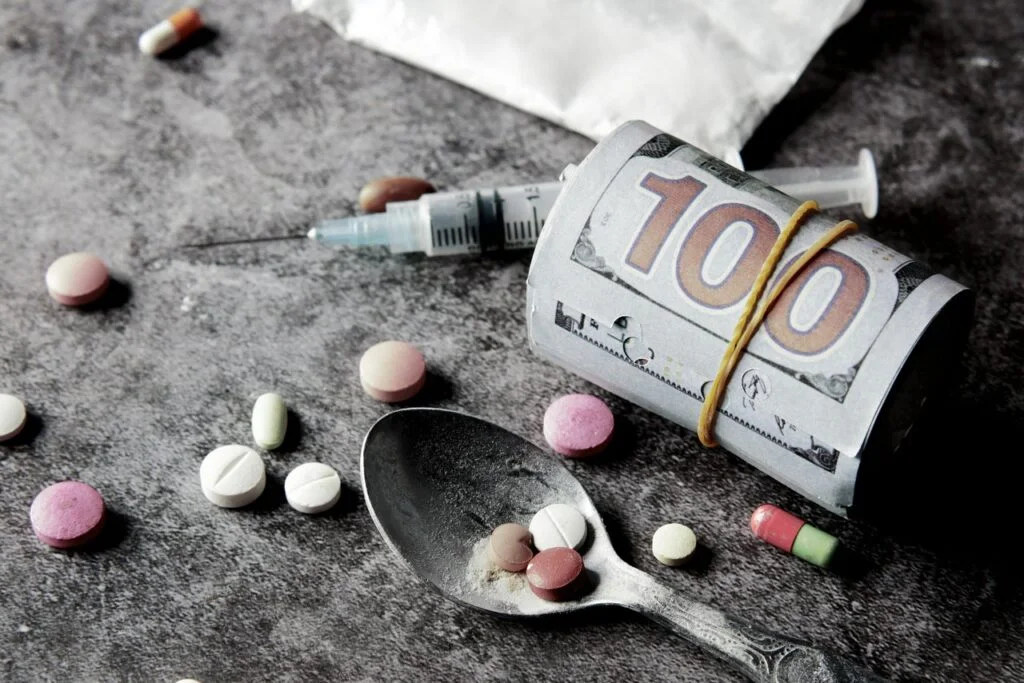
Smack, or heroin, is an opiate derived from the opium poppy.
The United Nations has reported that 90% of the world’s heroin comes from Afghanistan.
Being an opiate, heroin eases pain.
It’s in the same family as prescribed medications such as methadone, OxyContin, and fentanyl.
Some people also refer to it as a depressant because of how it affects the central nervous system.
This includes directly impacting the brain, as well as triggering lowered blood pressure and causing the respiratory system to slow down.
What Does Heroin Look Like?
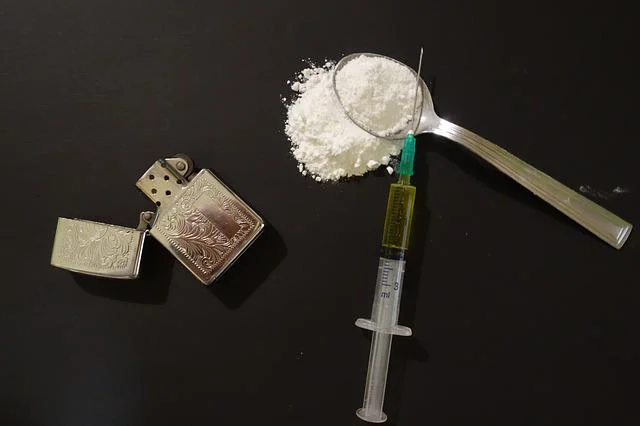
Usually, heroin comes in the form of brown powder.
The fact its brown suggests there are additives in it.
In its “pure form”, heroin is a white powder, although it is also possible to get heroin that looks like a sticky brown or black “tar”.
Users tend to smoke, snort or inject it.
When it’s smoked the effects last around an hour, where it’s injected the effects can last much longer.
The Immediate Effects Of Heroin
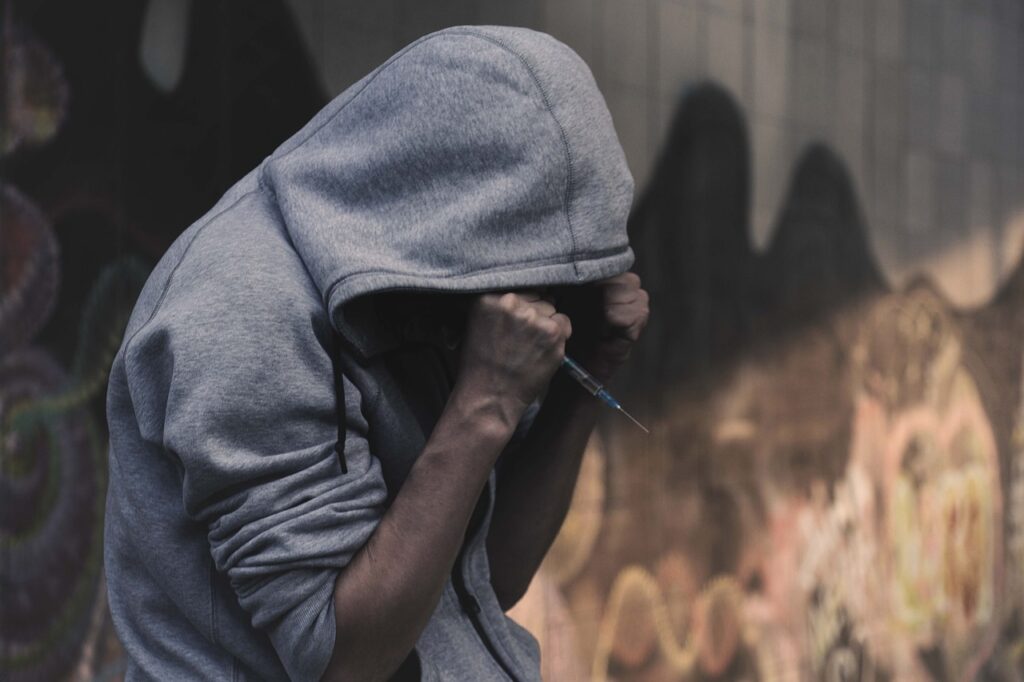
Heroin is a very powerful drug.
One of the reasons so many develop an addiction to heroin is because of its powerful effects.
It’s important to be able to talk honestly about this because it helps to support recovery.
The desired effects users seek from heroin include:
- Feelings of euphoria
- Feeling happy or good
- Being able to relax
- Being able to slow down
- Pain reduction
Other side effects include:
- Dry mouth
- Shallow breathing
- Pupils constrict
- Flushed skin
- Heavy arms and legs
- Itchiness
- Hallucinations
- Disorientation
- Paranoia
The Health Risks Associated With Heroin
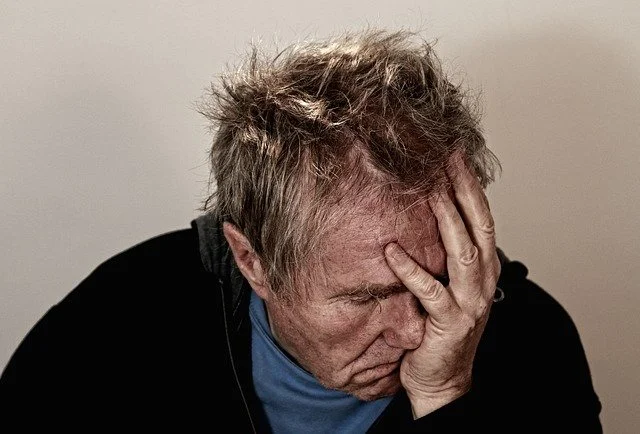
There are many health risks that have been linked with short-term heroin use, as well as those that occur if a person uses heroin over a long period of time.
Short-term risks:
- Heroin being cut with other unknown substances having unknown health risks
- Slows down breathing
- Reduces heart rate
These can obviously lead a person to overdose and death.
Long-term risks:
- Constipation
- Collapsed veins
- Skin abscesses and sores
- Increased risk of illnesses and diseases, including liver, kidney and lung diseases
- Higher risk of viruses through risky drug-use practices and lowered inhibitions around sex while under the influence
- Risk of miscarriage and stillbirth
- Impotence
Heroin overdose
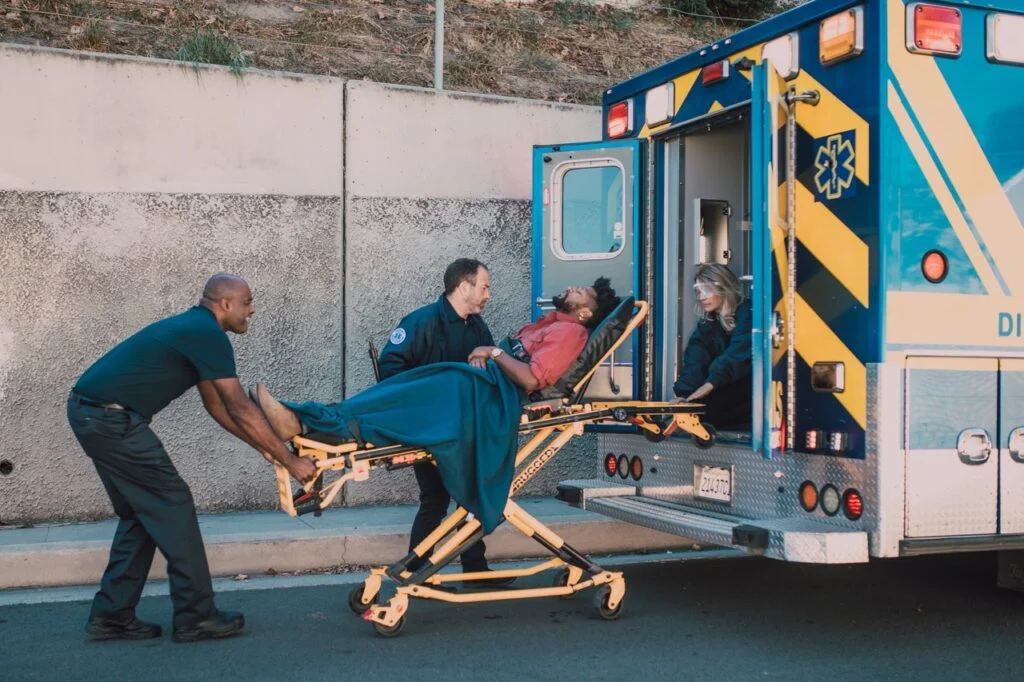
As just mentioned, due to the way heroin affects the central nervous system which thereafter slows down various bodily systems (such as breathing), the risk of overdose and death is a serious reality.
Prenoxad and Nyxoid (also known as Naloxone) are available under prescription in the UK for high-risk opiate users.
These are opiate antagonist medications.
They reverse the effects of heroin by attaching to the opiate receptors in the brain and blocking the heroin from continuing to work.
With these medications, a person is usually able to start breathing normally again after 2-3 minutes.
What Makes People Use Heroin And Where Does Addiction Come From?
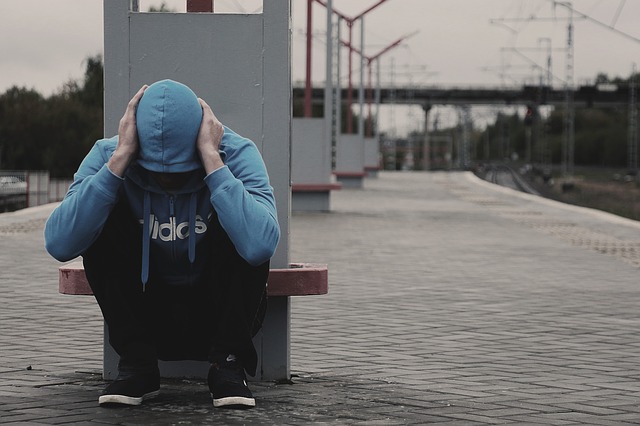
This is a hard question to answer.
Nobody starts life wanting to develop an addiction.
There are many factors involved in the creation of addiction and it’s important to bear in mind all of them.
This is why private rehabilitation clinics offer a wide variety of treatments, because so many factors are at play.
Firstly, it’s useful to think about how heroin affects the brain.
Using heroin directly impacts the brain’s reward system, meaning that dopamine is released.
This is why a person experiences pleasure when they take heroin.
That feeling of pleasure can be enough to entice a person to take heroin again and again.
Of course, when this happens, neural pathways linked to repeating behaviours are being forged which support the creation of a habit.
As well as the brain processes, here are other factors that help create an addiction:
- If a person has a chronic pain condition and has been prescribed painkillers. Some people can become addicted to these medications if they’re misused. Where this happens, people then might seek heroin if they can’t get more of the prescribed medication
- A history of trauma, low self-esteem, a genetic predisposition and social environment can all lead to the development of an addiction
- Being initiated to use heroin by someone in your family or a close friend
- Having mental health conditions increases the risk of substance misuse and addiction
How Do You Know If You Have An Addiction To Heroin?

Perhaps you’ve tried heroin a couple of times, or maybe you’ve been using it for a while.
Many people use drugs for quite a while before they’re willing to admit they have a drug addiction.
If you’re wondering whether your heroin use has morphed into an addiction, there are signs you can look out for.
- Building up a tolerance and needing more heroin to experience a high
- Experiencing adverse effects as heroin starts to leave your body
- Not being able to control your heroin use
- Continuing to use heroin despite negative effects
- Stealing, lying, or manipulating to get money to buy heroin or to support heroin use
- A negative impact on and breakdown of relationships
Signs Someone You Love Is Addicted To Heroin

Perhaps you’ve noticed someone you love has changed and have suspicions that they might have developed a heroin problem.
If you’re unsure, you can look out for the following:
- Sleepiness
- Nose bleeds
- A persistent cough (if smoked)
- Track marks on skin from injecting
- Skin sores
- Burnt straws
- Burned spoons
How To Help Someone You Love

To support someone you love who has a heroin addiction, you must first look after yourself.
Always ensure that you’re taking some self-care time in order to be re-energised.
The truth is, witnessing someone you care about self-destruct is painful and exhausting.
It can be really beneficial to reach out to organisations like Nar-Anon which support family members who are affected by someone they love using drugs.
This kind of support helps you to understand how to set boundaries.
It’s important to develop clear boundaries for both you and your loved one, especially around finances and where safety is concerned.
In relation to your loved one’s drug use, find out more about heroin.
It can be useful to understand how it affects the person and it’s really important to know what to do in case of an emergency.
Finally, find out about local rehab options so that you can discuss this with your loved one at a suitable time.
Heroin Tolerance: What Is It?
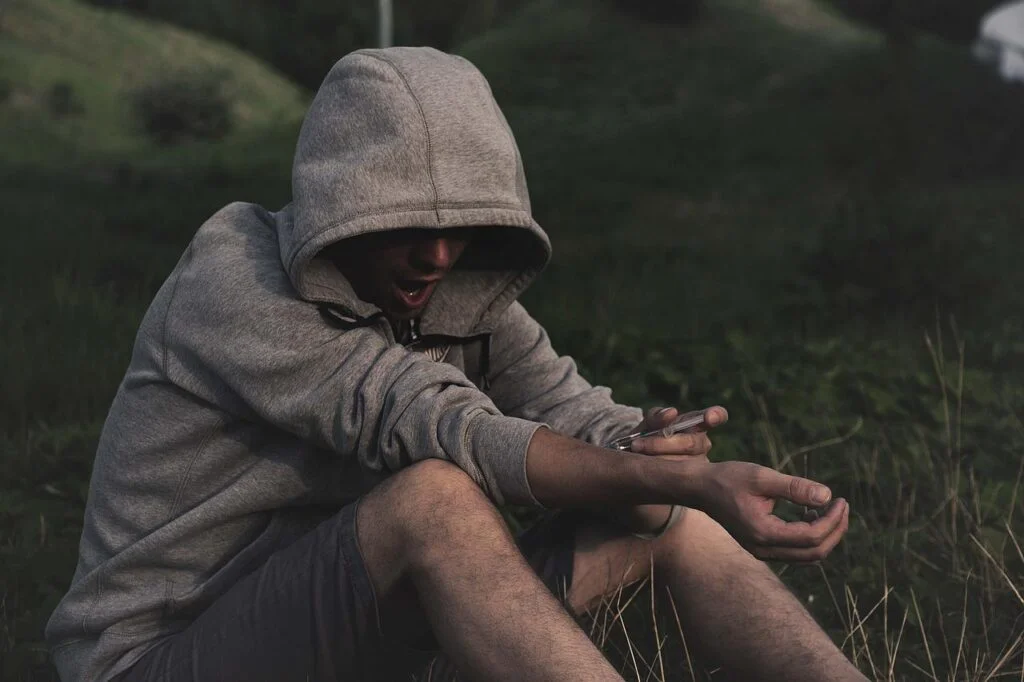
Building up a tolerance to heroin simply means that the person uses in such a way that they need more of it in order to feel the same effect.
The more regularly people use it also means the feelings of euphoria and happiness are depleted.
Actually, there comes a point where people require heroin in their system in order to be able to function in a normal way – the pleasurable feeling disappears.
As the heroin leaves the body, withdrawal sets in.
What Are The Symptoms Of Heroin Withdrawal?
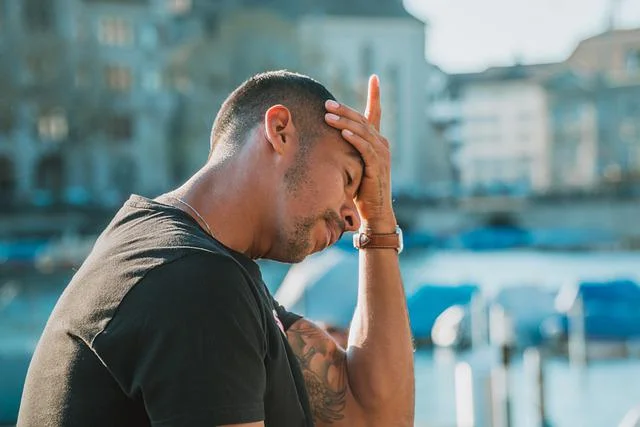
When a person is addicted to heroin and it starts to leave the body, the user will experience physical and psychological symptoms.
This is another reason that people find it so difficult to stop using – because the withdrawal symptoms can be so uncomfortable.
- Flu-like symptoms
- Sweating
- Mood swings
- Insomnia
- Restlessness
- Pain in the muscles, and it may feel like there is pain in the bones too
- Sickness and diarrhoea
- Disorientation and hallucinations
- Muscle spasms
How Heroin Affects Behaviour

When a person develops an addiction to heroin, it can affect their behaviours making them participate in more risky acts.
This might be linked to sex, for instance, where under the influence people have sex without protection.
It could be linked to funding their habit, some people might resort to stealing from others.
Others might start avoiding family and friends who care about their wellbeing and spending time with people who encourage unhealthy behaviours.
How Heroin Addiction Affects The Family

As anyone who has ever loved someone with an addiction will know, addiction is a disease that affects the whole family.
Witnessing the person continuing to use heroin even as it destroys their physical health is heartbreaking.
The emotional strain of lies and manipulation is frustrating -the damage done often feels irreparable.
One thing that can be useful to remember is how instrumental the family can be in supporting their loved one to access treatment.
With the support and guidance of addiction professionals (such as those you find at Nar-Anon and AdFam), you can also improve family dynamics.
What’s More Effective For Heroin Addiction: Inpatient Or Outpatient Rehabilitation Services?

When considering rehabilitation services for heroin addiction, it’s really beneficial to think about what makes you return to using heroin and what type of establishment you think will better support you to stop using.
Outpatient services that are funded by the NHS are available to everyone in local communities who have substance misuse issues.
Drug and alcohol workers have large caseloads, but will try to offer one-to-one chats and support where possible.
There are usually weekly drop-in clinics, group sessions and needle exchange services.
Service users live at home and go to the clinic when they want to attend a group or see a drug worker.
Inpatient clinics are what are usually referred to as “rehab” in the typical sense.
These are private treatment clinics that offer specialist staff who understand addiction.
You’ll stay overnight on-site for around 28 days, where you’ll partake in a range of traditional and holistic therapies.
Rehabilitation Treatment For Smack Addiction

For those who enter a private rehab for heroin addiction, they’ll most likely undergo medication-assisted therapy.
This is where medications are offered as well as psychological and alternative therapies.
The Detox: How Long Will It Take You To Come Off Heroin?

Heroin addiction treatment at a private clinic starts with a detox period.
This lasts around 7-10 days and involves a tapered prescription of a medication such as buprenorphine (brand name: Subutex).
This medication is offered in order to ease the symptoms of withdrawal.
Associated pain, sickness and diarrhoea, etc. is managed under clinical supervision.
By the end of the detox period, you’ll be substance-free and through the worst of the cravings.
The Therapies

After going through detox, you’ll then begin psychological and alternative treatments.
There will be some one-to-one sessions and also group session.
It’s really beneficial to participate fully in those that are offered each day.
Therapies on offer include:
- Cognitive Behavioural Therapy
- Dialectical Behavioural Therapy
- Motivational Interviewing
- Art therapy
- Music therapy
- Equine therapy
- Reiki and therapeutic massages
- Yoga
- Mindfulness
Aftercare Facilities

When you leave rehab, you’ll return home, but will be supported through the 12-month aftercare programme that the clinic offers.
This might include ongoing one-to-ones online or in-person.
While at rehab, your ongoing support will be discussed with a member of staff.
Aftercare usually includes access to online groups and social pages where you can stay in contact with other people who you were at rehab with.
This is usually very reassuring as you continue on your road of recovery.
Are You Ready To Go To Rehab?

Heroin is a seriously affecting substance with a lot of health implications.
It’s beneficial to get guidance and advice about how to reduce harmful effects at the very least.
Perhaps you might feel like you want to keep on using, or are waiting for the right time to quit.
The truth is, there’s never a better time to begin recovery than the present.
The quicker you can stop, the quicker your mind, body and relationships can begin to heal.
Ultimately, the majority of people with addictions reach a point where they hope to stop using and live a healthy life.
When this happens, going to rehab will offer you the most supportive path to recovery.
Contact our team today to find out more.


